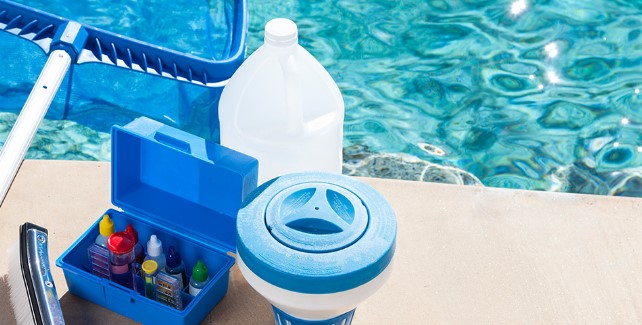Are you tired of scrubbing away at stubborn grease and grime, only to find that your efforts barely make a dent? It’s time to introduce a powerful ally in your cleaning arsenal: an enzymatic cleaner. These innovative products harness the power of nature to break down even the toughest messes, making your cleaning routine more effective and less stressful. In this blog post, we’ll explore what enzymatic cleaners are, how they work, and how you can use them to tackle grease and grime in your home.
What are Enzymatic Cleaners?
Enzymatic cleaners are cleaning products that contain enzymes – biological catalysts that speed up chemical reactions. These enzymes are derived from natural sources, such as bacteria or fungi, and are specifically designed to target and break down specific types of organic material. Some common types of enzymes used in cleaning products include:
- Proteases: Break down protein-based stains, such as blood, food, and pet messes
- Amylases: Tackle starch-based stains, like those from pasta, potatoes, and gravy
- Lipases: Dissolve grease and oil-based messes, such as cooking splatters and automotive grime
- Cellulases: Break down cellulose-based materials, like paper and cotton fibers
When you use an enzymatic cleaner, the enzymes work to break down the targeted substances into smaller, water-soluble molecules that can be easily wiped away or rinsed down the drain.
How Enzymatic Cleaners Work on Grease and Grime
Grease and grime are particularly challenging messes to clean because they are often composed of complex, stubborn molecules that resist traditional cleaning methods. This is where enzymatic cleaners shine. Here’s how they work:
A. The lipase enzymes in the cleaner seek out and attach themselves to the grease and oil molecules
B. The enzymes begin to break down the molecular structure of the grease and grime, essentially “digesting” the mess
C. As the enzymes work, the grease and grime are transformed into simpler, water-soluble compounds
D. These smaller compounds can then be easily wiped away with a cloth or sponge, or rinsed down the drain
Because enzymatic cleaners work on a molecular level, they are often more effective at removing tough, ingrained grease and grime compared to traditional degreasers or all-purpose cleaners.
Benefits of Using Enzymatic Cleaners
In addition to their impressive cleaning power, enzymatic cleaners offer several other benefits:
- Environmentally friendly: Enzymatic cleaners are biodegradable and non-toxic, making them a more eco-conscious choice compared to harsh chemical cleaners
- Safe for various surfaces: Most enzymatic cleaners are gentle enough to use on a variety of surfaces, including kitchen counters, appliances, bathroom fixtures, and even fabrics
- Effective at lower temperatures: Enzymes can work effectively at room temperature, eliminating the need for hot water or steam cleaning in many cases
- Long-lasting odor control: By breaking down the organic compounds that cause odors, enzymatic cleaners can provide long-lasting freshness
With these benefits in mind, it’s no wonder that more and more people are turning to enzymatic cleaners to tackle their toughest cleaning challenges.
How to Use Enzymatic Cleaners for Grease and Grime
Using an enzymatic cleaner is simple and straightforward. Here’s a general guide:
- Choose the right enzymatic cleaner for the job, ensuring that it contains lipase enzymes specifically designed to target grease and oil
- Apply the cleaner directly to the affected area, making sure to cover the entire mess
- Allow the enzymes to work their magic for the amount of time specified on the product label – this can range from a few minutes to several hours, depending on the severity of the mess
- Wipe away the loosened grease and grime with a clean cloth or sponge, or rinse the area with water
- For particularly stubborn messes, you may need to repeat the process or allow the cleaner to work for a longer period
Always make sure the cleaner is compatible with the surface you’re cleaning by testing it on a discrete area and adhering to the manufacturer’s recommendations.
Conclusion
Enzymatic cleaners provide a potent and environmentally responsible alternative for removing stubborn oil and filth from your house. By harnessing the natural cleaning power of enzymes, these products can break down even the most stubborn messes, leaving your surfaces sparkling clean and fresh. Whether you’re dealing with baked-on oven grease, grimy kitchen counters, or oily automotive parts, an enzymatic cleaner is a valuable tool to have in your cleaning toolkit. Give them a try and experience the difference for yourself – you may just find that your cleaning routine becomes a little bit easier and a lot more effective.

